The Qatar Civil Aviation Authority (QCCA) Monday launched a state-of-the-art Long-Range Band Radar at Al Shamal that will ensure smooth and secure air navigation with high levels of accuracy within the newly established Doha Flight Information Region (DFIR).
HE the Minister of Transport Jassim Saif al-Sulaiti launched the radar in the presence of dignitaries and top officials from the Ministry of Transport (MoT) and QCCA.
Supplied and installed by French multinational company Thales, L-Band Long Range Radar complies with the latest national and international airtraffic control standards. It consists of the basic radar to cover the Doha Flight Information Region, with a range of 250 nautical miles (about 400 km) that can detect aircraft that flies between the altitudes of 3000 feet and 65000 feet in the region. The radar and systems are linked with the Qatar Air Traffic Control Center. The long-range radar also covers Kuwaiti, Emirati, and Bahraini airspace, as well as parts of Saudi and Iranian airspace.
It’s worth noting that six Qatari engineers from the Air Navigation Department were sent to get trained in its operations at the manufacturing company in France.
The adoption of this radar comes as part of the measures taken by QCAA to achieve the main strategic objectives of the Doha Flight Information Region (FIR) such as to enhancing air traffic control in Qatari airspace enabling early detection of air traffic within the region while developing work mechanisms, adopting modern technologies, and keeping pace with international standards, to enhance the status and presence of Qatar on the global aviation map.
“During the previous years, QCAA took many measures to improve the status of the civil aviation industry in the State of Qatar, and paid great attention to all areas of this vital sector, and to air navigation concerned with managing the airspace in the State of Qatar and maintaining its security and safety. This was reflected in the great support provided by the Authority to this field, in terms of adopting the latest technologies and providing the best systems used in the field of air navigation, in cooperation with several companies around the world, specialized in the development of air navigation, with the aim of keeping pace of global technological changes and developments and ensuring further development and progress. This is in addition to providing expertise and specialized cadres, intensifying training processes and developing existing competencies to improve the level of performance and quality of work,” a statement from QCCA noted.
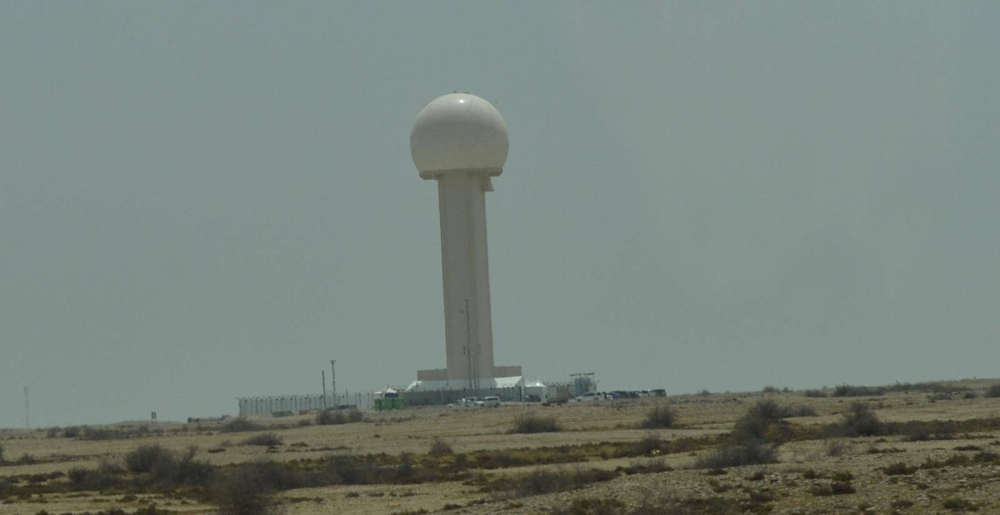
PICTURES: Shaji Kayamkulam
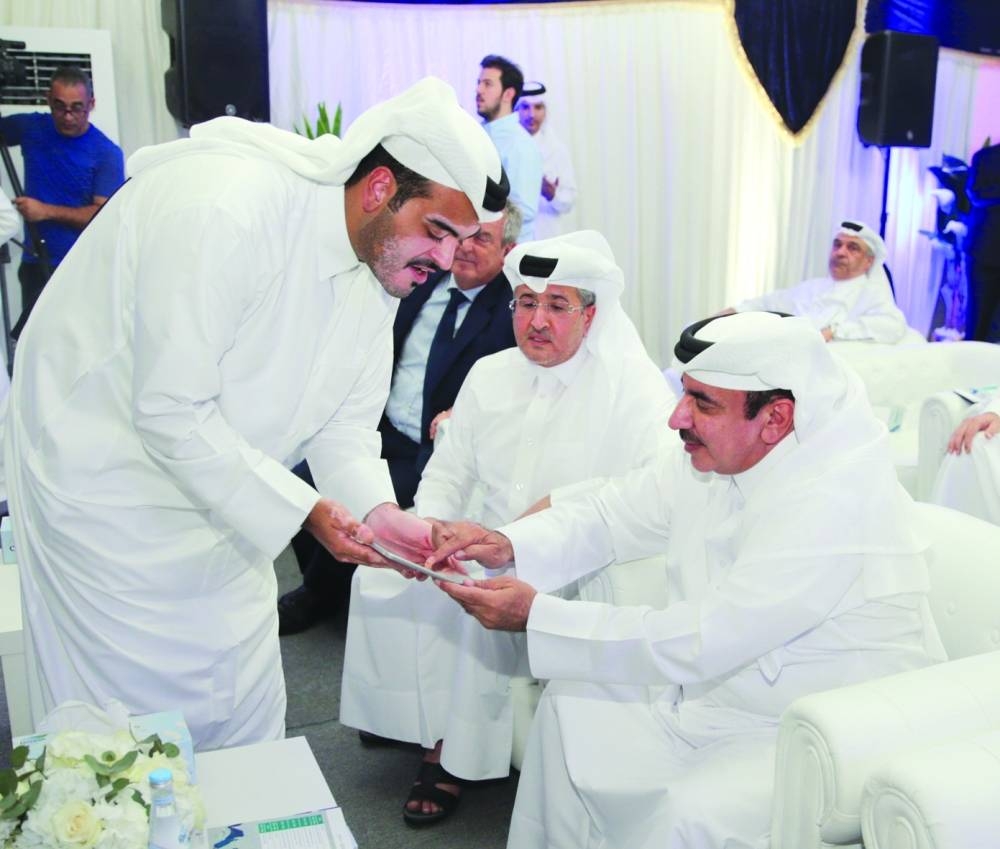
HE Jassim Saif al-Sulaiti at the launch of the Long-Range L-Band Radar Monday. Supplied picture
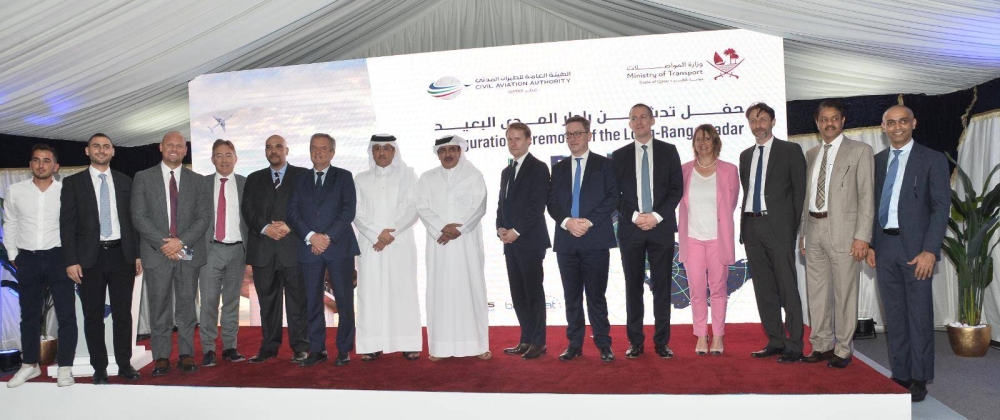
PICTURES: Shaji Kayamkulam
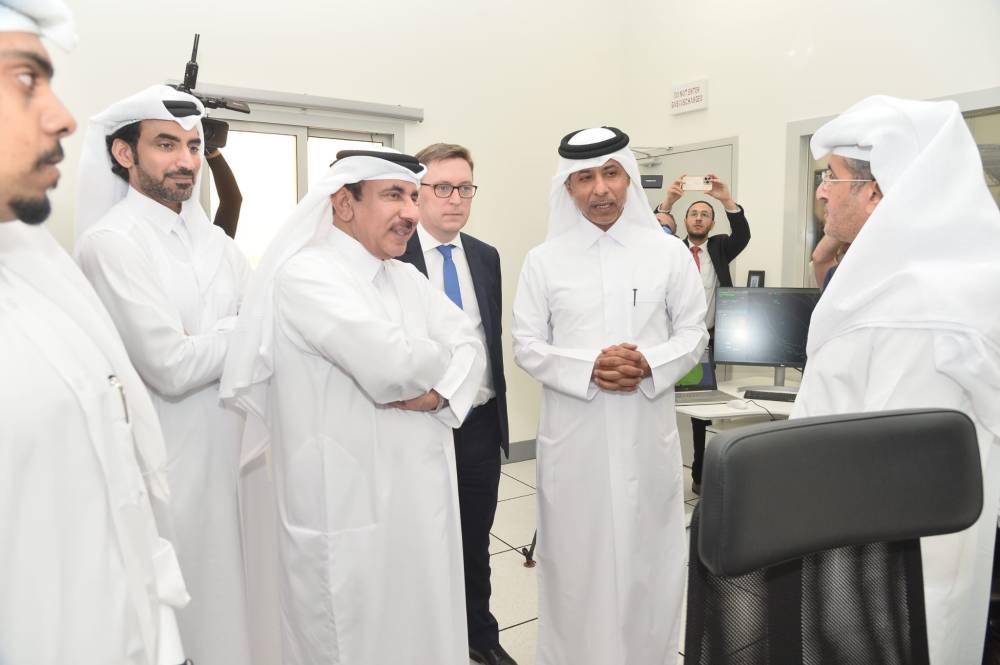
PICTURES: Shaji Kayamkulam
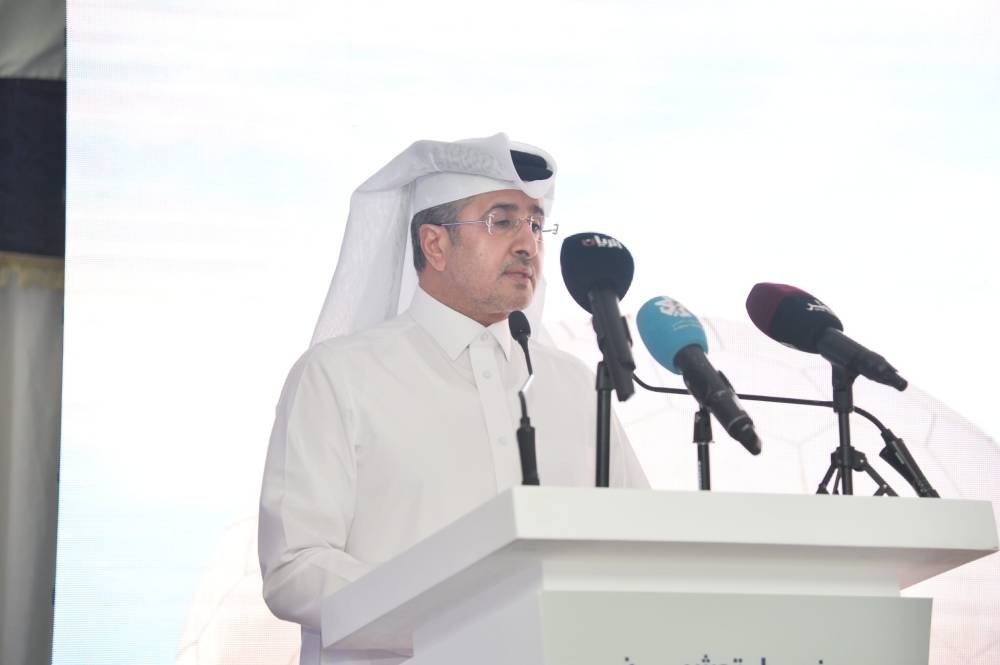
PICTURES: Shaji Kayamkulam
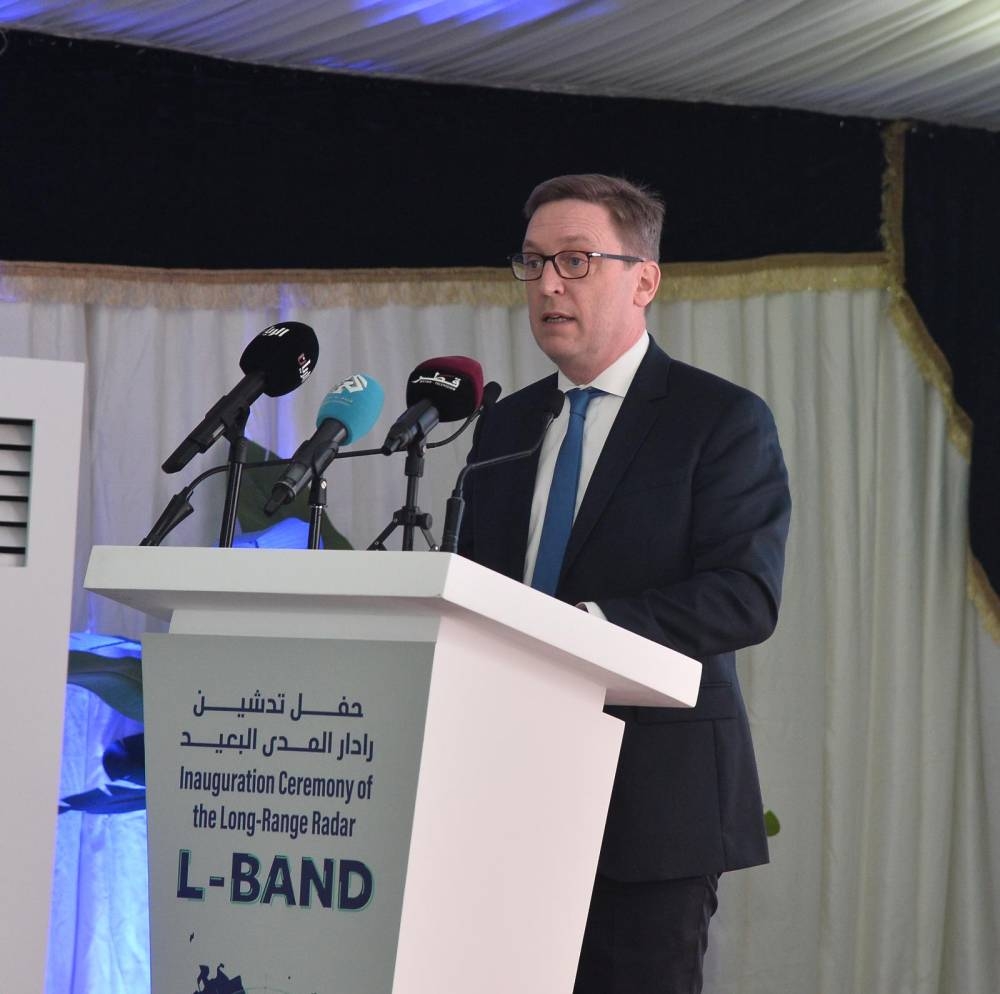
PICTURES: Shaji Kayamkulam
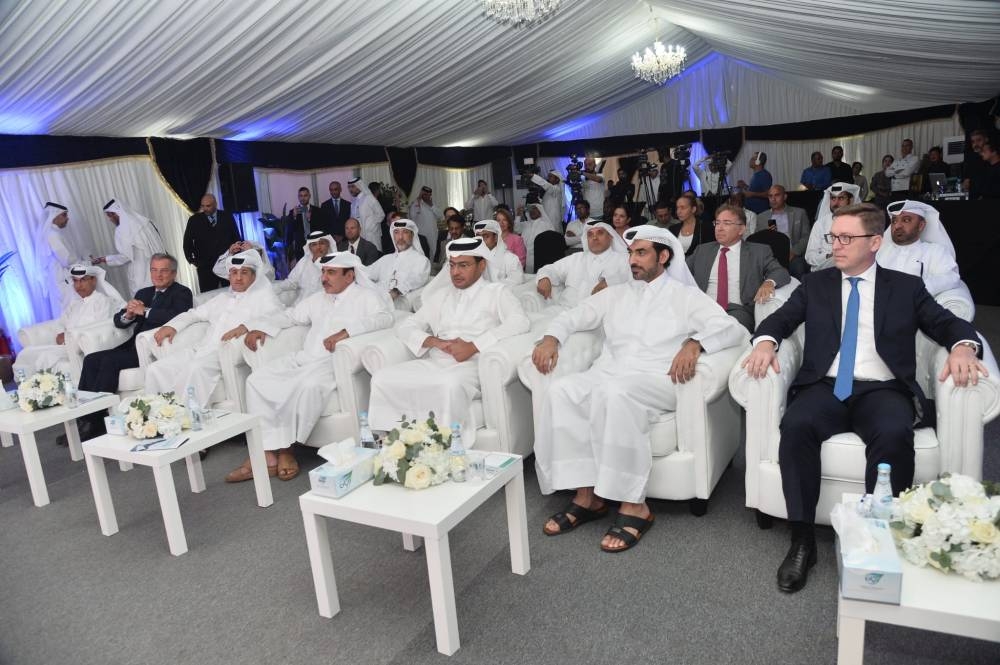
PICTURES: Shaji Kayamkulam
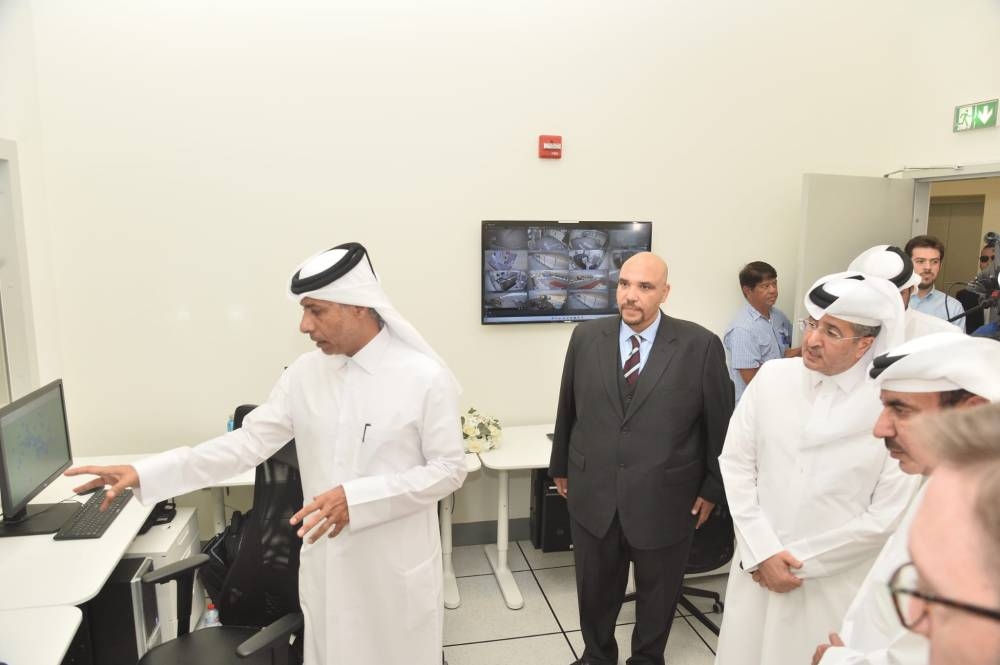
PICTURES: Shaji Kayamkulam
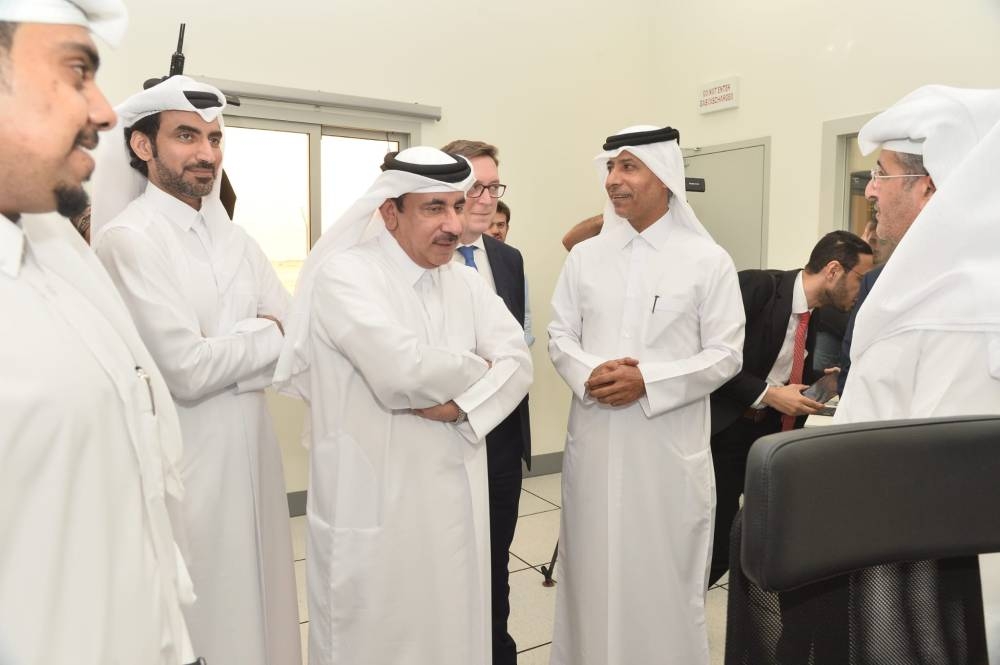
PICTURES: Shaji Kayamkulam
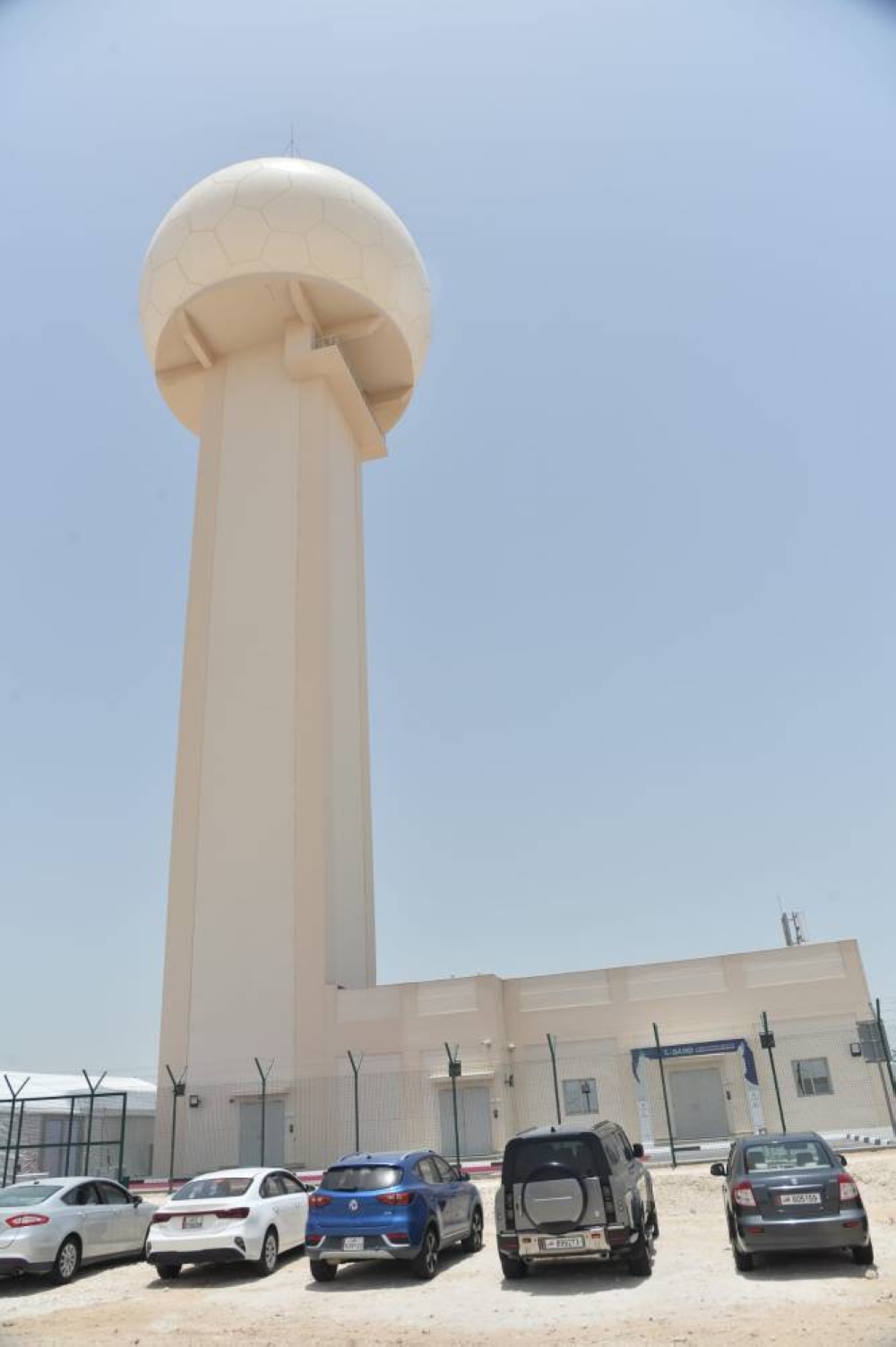
PICTURES: Shaji Kayamkulam

